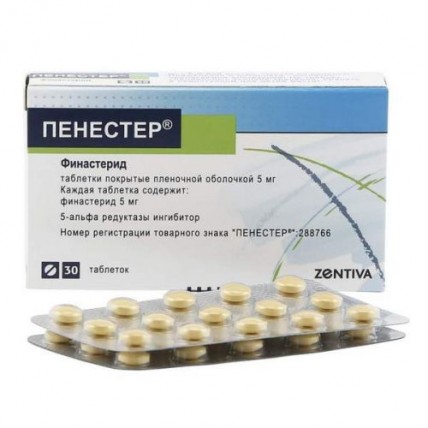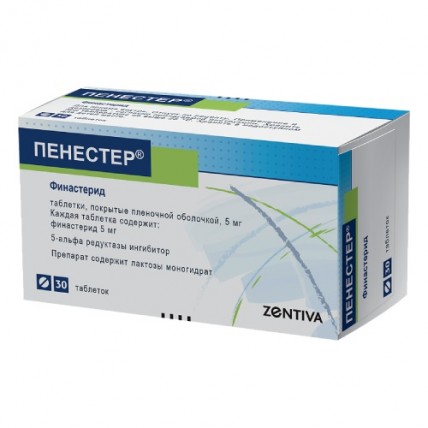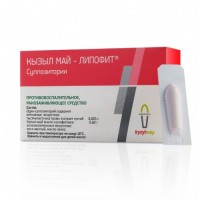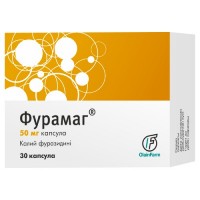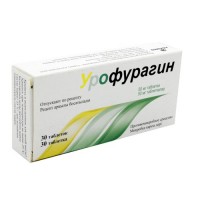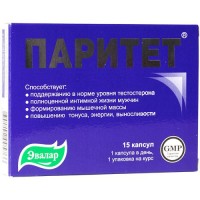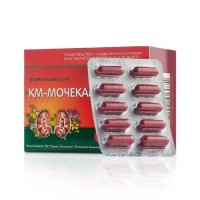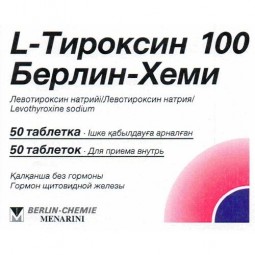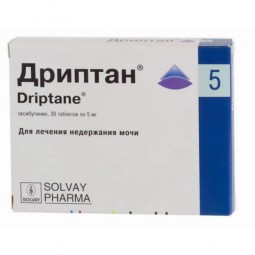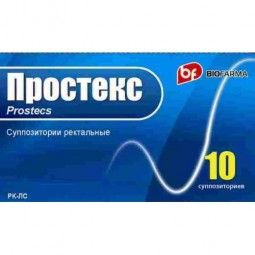Penester® (Finasteride) 5 mg, 30 tablets
- $30.00
What is Penester® (Finasteride) 5 mg?
Penester® (Finasteride) 5 mg is a medication primarily used to treat benign prostatic hyperplasia (BPH) and male pattern baldness.
By blocking the conversion of testosterone to dihydrotestosterone (DHT), it helps reduce the size of the prostate and alleviates symptoms associated with BPH, such as difficulty in urination.
Additionally, it is effective in managing hair loss in men, offering a non-invasive option for those affected by androgenic alopecia.
How Does Penester® Work?
Penester® works by inhibiting the enzyme 5-alpha-reductase, which is responsible for converting testosterone into dihydrotestosterone (DHT).
DHT plays a significant role in the development of BPH and male pattern baldness.
By lowering DHT levels, Penester® helps reduce prostate size and promotes hair regrowth or slows down hair loss in men.
Is Penester® Approved by the FDA?
Yes, Finasteride, the active ingredient in Penester®, is approved by the U.S. Food and Drug Administration (FDA) for the treatment of benign prostatic hyperplasia (BPH) and male pattern baldness (androgenic alopecia) in men.
The FDA approval signifies that the medication has undergone rigorous testing and evaluation to ensure its safety and effectiveness for these conditions.
What Are the Uses of Penester®?
Penester® is commonly used for:
- Treatment of Benign Prostatic Hyperplasia (BPH): It helps in reducing prostate size, improving urine flow, and alleviating symptoms like frequent urination, especially at night.
- Male Pattern Baldness: Penester® is effective in slowing down hair loss and promoting hair regrowth in men suffering from androgenic alopecia.
What Precautions Should Be Taken Before Using Penester®?
Before starting Penester®, it is essential to discuss with a healthcare provider if you have:
- Liver Disease: The effect of finasteride on individuals with liver impairment is not well studied, so caution is advised.
- High Residual Urine Volume: Patients with significant residual urine or severely reduced urine flow should be monitored closely due to the risk of obstructive complications.
- History of Prostate Cancer: Finasteride can reduce prostate-specific antigen (PSA) levels, which could potentially mask the detection of prostate cancer. Regular monitoring of PSA levels is recommended.
Can Penester® Affect PSA Levels?
Yes, Penester® can lower PSA levels by approximately 50% in patients with BPH, even if they have prostate cancer.
This reduction should be considered when evaluating PSA data.
A persistent increase in PSA levels during treatment should be investigated further to rule out the possibility of prostate cancer.
What Are the Common Side Effects of Penester®?
Penester® is generally well-tolerated, but some common side effects include:
- Decreased Libido: A reduction in sexual desire is a reported side effect.
- Impotence: Some users may experience difficulty in achieving or maintaining an erection.
- Reduced Ejaculate Volume: A decrease in the volume of ejaculate may occur.
What Should You Do in Case of Overdose?
Penester® has been studied in doses much higher than the prescribed 5 mg without significant adverse effects.
However, in the case of an overdose, it is advised to seek medical attention, although specific treatment for finasteride overdose is not usually required.
How Should Penester® Be Stored?
Store Penester® in a cool, dry place at a temperature not exceeding 25°C (77°F).
Keep it out of reach of children to ensure safety.
What Are the Key Ingredients in Penester®?
Each Penester® tablet contains 5 mg of finasteride as the active ingredient.
It also includes excipients such as lactose monohydrate, corn starch, povidone, sodium starch glycolate (Type A), sodium docusate, and magnesium stearate.
